Comments on Commentaries
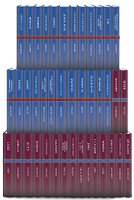
Commentaries are perhaps the single most popular category of Bible reference book. Pastors, teachers, laypeople, students, missionaries, and Bible translators all find commentaries to be a crucial tool for studying the Bible. Logos offers dozens of commentaries, ranging from one-volume works to multi-volume sets, scholarly to popular approaches, with a variety of denominational voices represented.
The purpose of this article is to briefly discuss the uses for commentaries, various types of commentaries available, and benefits of using commentaries in Logos Bible Software.
For help in choosing which commentary to buy next, see the Product Guide to Multi-Volume Commentaries
About Commentaries
What Is a Commentary & What Is It Good For?
Commentaries contain comments and observations on the biblical text, organized in the same order as the biblical text. Most people turn to commentaries for an explanation of a passage or passages they are studying.
Commentaries are one of the best ways to check your own interpretation of Scripture against that of others and benefit from knowledge that was bought at the price of years of study and toil. They can help you avoid errors and misunderstandings about the Bible, and improve your understanding of biblical passages and themes.
Most commentaries include an introduction to each book of the Bible that discusses authorship, dates, the circumstances in which the book was written, intended audience, and the relationship of that book to the rest of the Bible. The introduction also presents an outline of the book or at least breaks it down into major sections and themes.
The introduction is typically followed by running commentary that moves verse-by-verse or section-by-section through the book, discussing the Bible text. The discussion can range from highly technical commentary on the Greek or Hebrew to breezy exposition and application...or anything in between.
What Kinds of Commentaries Are There?
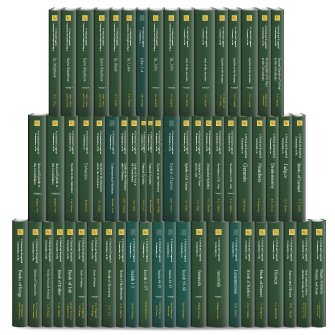
It's difficult to organize commentaries into distinct categories because there's a lot of overlap in what each series or author sets out to accomplish, and whatever labels are chosen will certainly be disputable. But commentaries tend to take an approach to the Scriptures that is either more critical or more popular in orientation.
A critical commentary series such as International Critical Commentary Series or New International Greek Testament Commentary includes a great deal of technical discussion about the Greek/Hebrew/Aramaic text, interacts with scholarly literature, and may use higher critical methods to investigate Scripture. The authors of critical commentaries often produce their own translations. These commentaries assume the reader is conversant with biblical languages and text critical methods, and can find his way around an apparatus.
TIP: The Product Guide to Multi-Volume Commentaries lists, labels, and discusses all the multi-volume commentaries available for Logos Bible Software, with recommendations for scholars, pastors and laypeople.
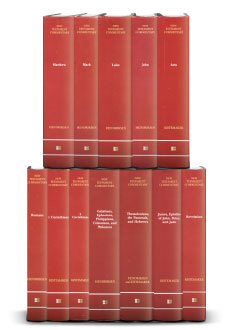
At the other end of the spectrum are popular ("devotional") commentaries such as the Life Application Bible Commentary that serves a different purpose. These commentaries are written as interpretive and devotional aids for laypeople who read the Bible in English. They avoid technical or textual discussions and instead focus on the interpretation and application of Scripture to everyday life.
In between are commentaries that take a pastoral approach, addressing the specific needs and concerns of the preacher or teacher (Pulpit Commentary Series), and those that embrace an exegetical (text-centered) approach but remain accessible to readers without formal language training (e.g., New American Commentary Series, Baker's New Testament Commentary Series).
Owning & Using Commentaries
Why Do I Need More than One Commentary?
Having access to commentaries from a few different theological viewpoints can be a good way to familiarize yourself with a range of interpretations of a given passage. Owning both new and old commentaries means that you will gain insight not only from contemporary sources but also from those who lived in other times and may have had blind spots and prejudices different from our own.
In his book Multipurpose Tools for Bible Study, F. W. Danker recommends spending time with past commentators, because:
...Scripture does not always reveal its secrets in the same measure to each generation, much less to every expositor. Interpretive sensitivity is required; people like Chrysostom, Luther, Calvin, Bengel, Westcott, Lightfoot, and others had it. To deprive oneself of an encounter with such princely blood is to impoverish oneself.
Using Commentaries in Logos Bible Software
Commentaries can be expensive, so you should be sure to reap the maximum benefit from every dollar you spend on commentaries. Logos Bible Software helps you do this by ensuring that you actually use all the commentaries you own, that you use more of each commentary's contents, and that you use them more efficiently.
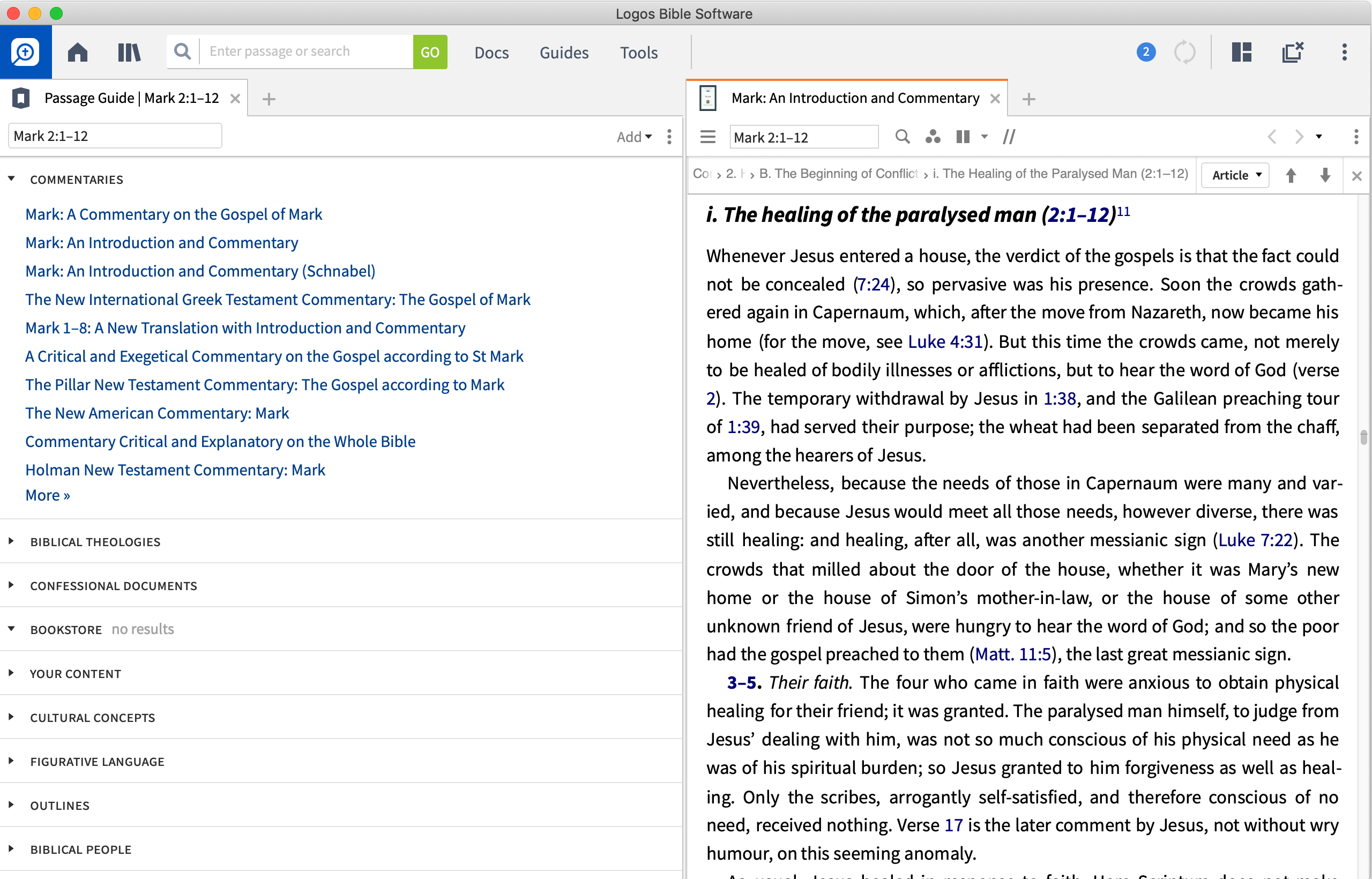
Here's how it works: Every time you run the Passage Guide report in Logos Bible Software Series X, the software pulls each commentary you own off the "shelf" and opens each one to the page where your passage is discussed. So right away you have instant (one-click) access to the page and paragraph in each commentary that's relevant to your Bible study. This means you never have to think about which commentaries to open or where to find the content you need...it's right there waiting for you to read! (Note: When you add a new commentary to Logos Bible Software, it automatically gets included next time you run Passage Guide.)
Logos Bible Software helps you use more of each commentary by creating a virtual Scripture index to every commentary in your digital library. Commentaries include lots of cross-references to other Scriptures—quoting a verse from the Old Testament to shed light on a New Testament text, for example. Some print commentaries have an index in the back listing every one of these Scripture references and where to find it in the commentary. With Logos Bible Software, every book has a Scripture index. A quick search will find every mention of, say, Deuteronomy 6:5 in your whole commentary series, whether or not it appears in the Deuteronomy volume. (See the tutorial on defining collections to get started.) This kind of search turns up little nuggets of insight buried deep in the pages of a volume you would never have thought to pull down from a bookshelf and open.
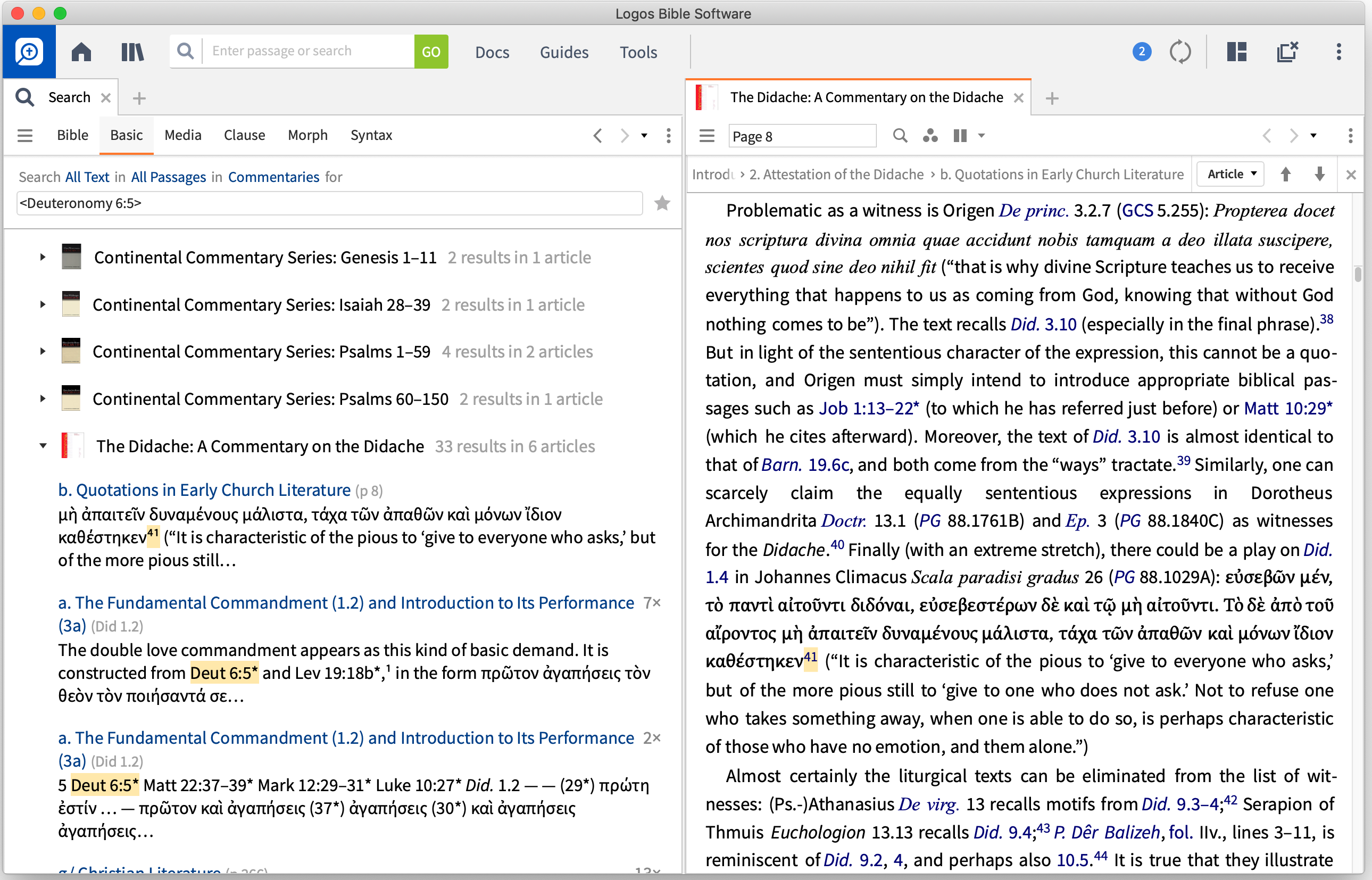
In a more technical commentary, the author may quote from the Greek or Hebrew text. Logos Bible Software assists you here, too. Because every word of every book inside Logos is essentially a link, you can double-click on that Hebrew word and the software will search your lexicons for a match. This puts within reach of the student or layperson commentaries that might otherwise seem too technical.
Finally, there's the simple economy of time. By speeding up and adding efficiency to nearly every aspect of your Bible study, Logos Bible Software frees up time that you can use to consult more commentaries. Where you might have consulted only one or two print commentaries, you can now look through half a dozen in the same amount of time or even less.
Are Commentaries a Valid Tool for the Serious Student?
The appropriate use of commentaries is the subject of much discussion, a topic that is beyond the scope of this article (though Logos offers a number of excellent resources on exegesis and hermeneutics). What is widely acknowledged, however, is that commentaries are an acceptable, even vital, tool for Bible study.
But don't take my word for it...here are a few quotations about commentaries from a scholar, translation committee, and famous preacher:
F. W. Danker, Professor Emeritus of New Testament, Lutheran School of Theology, Chicago
Multipurpose Tools for Bible Study, p. 305
...expositors who think they can work independently of commentators display not only consummate arrogance but also ignorance of the conditions that obtain in biblical studies. The many areas of specialty require great leisure for properly assessing and evaluating the many discoveries, investigations, and modes of inquiry that may lead to light on a dark portion of the Bible. Such leisure few can lavish. Moreover, Scripture does not always reveal its secrets in the same measure to each generation, much less to every expositor. Interpretive sensitivity is required; people like Chrysostom, Luther, Calvin, Bengel, Westcott, Lightfoot, and others had it. To deprive oneself of an encounter with such princely blood is to impoverish oneself.
It is wise, then, after you have made your own thorough interpretations of the text with liberal use of tools mentioned in the preceding chapters, to check your interpretations against those of others, to reevaluate if necessary, and to supplement if possible. In all there must be an impelling passion to hear out the full-throated accents of the sacred text as it sounded in the hour of its birth.
United Bible Societies Sub-Committee on Translation
A Handbook on the Gospel of Mark, p. vii
Commentaries are indispensable for any translator who is going to do justice to his work.
C. H. Spurgeon
Commenting and Commentaries, quoted in Introduction to Biblical Interpretation
Of course, you are not such wiseacres as to think of ways that you can expound Scripture without assistance from the works of divines and learned men who have labored before you in the field of exposition. If you are of that opinion, pray remain so, for you are not worth the trouble of conversion, and like a little coterie who think with you, would resent the attempt as an insult to your infallibility. It seems odd, that certain men who talk so much of what the Holy Spirit reveals to themselves, should think so little of what he has revealed to others.
For Further Reading
Varieties of the Biblical Commentary, A Guide to Form and Function by William B. Badke
This article provides an excellent overview of the various approaches commentaries have taken, what commentary readers expect a commentary to do, and proposes five different "poles" or dimensions that can be used to describe and categorize commentaries. Because it was not intended as a survey of commentaries, only a few commentaries are mentioned by name.
Note
What are higher criticism and text criticism? The Baker Encyclopedia of Christian Apologetics offers these helpful definitions: "Criticism as applied to the Bible simply means the exercise of judgment. Both conservative and nonconservative scholars engage in two forms of biblical criticism: lower criticism deals with the text; higher criticism treats the source of the text. Lower criticism attempts to determine what the original text said, and the latter asks who said it and when, where, and why it was written."